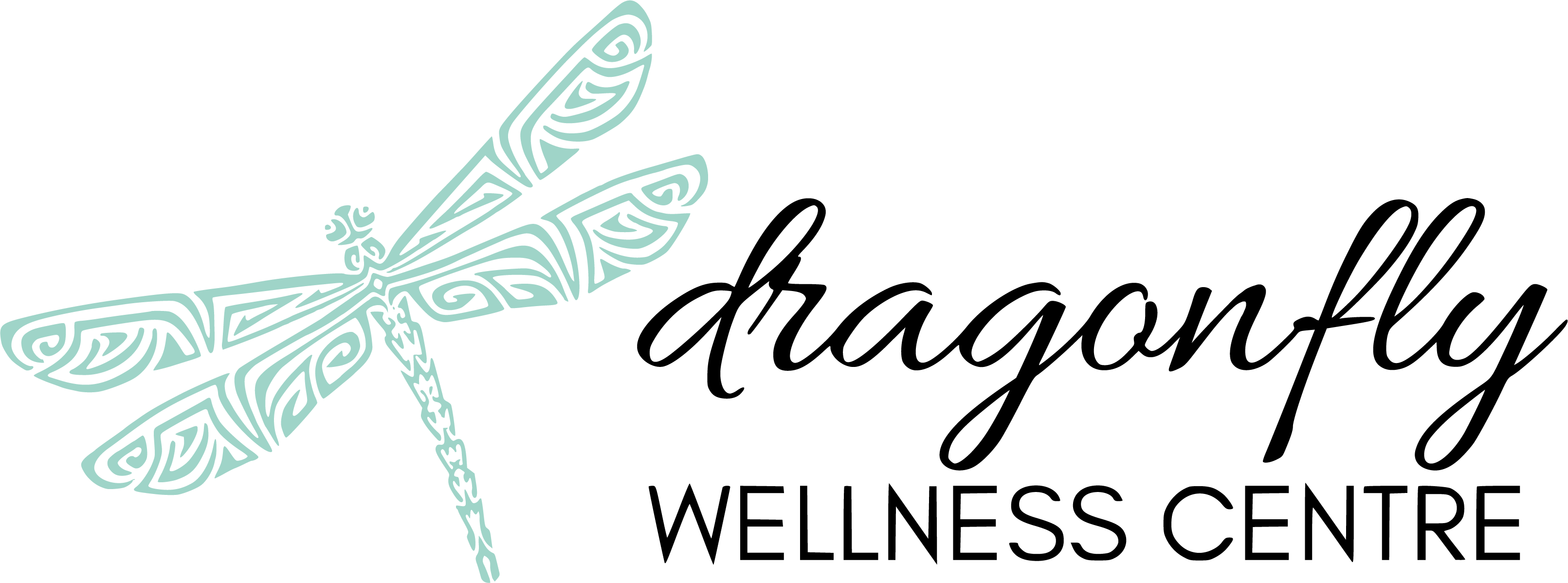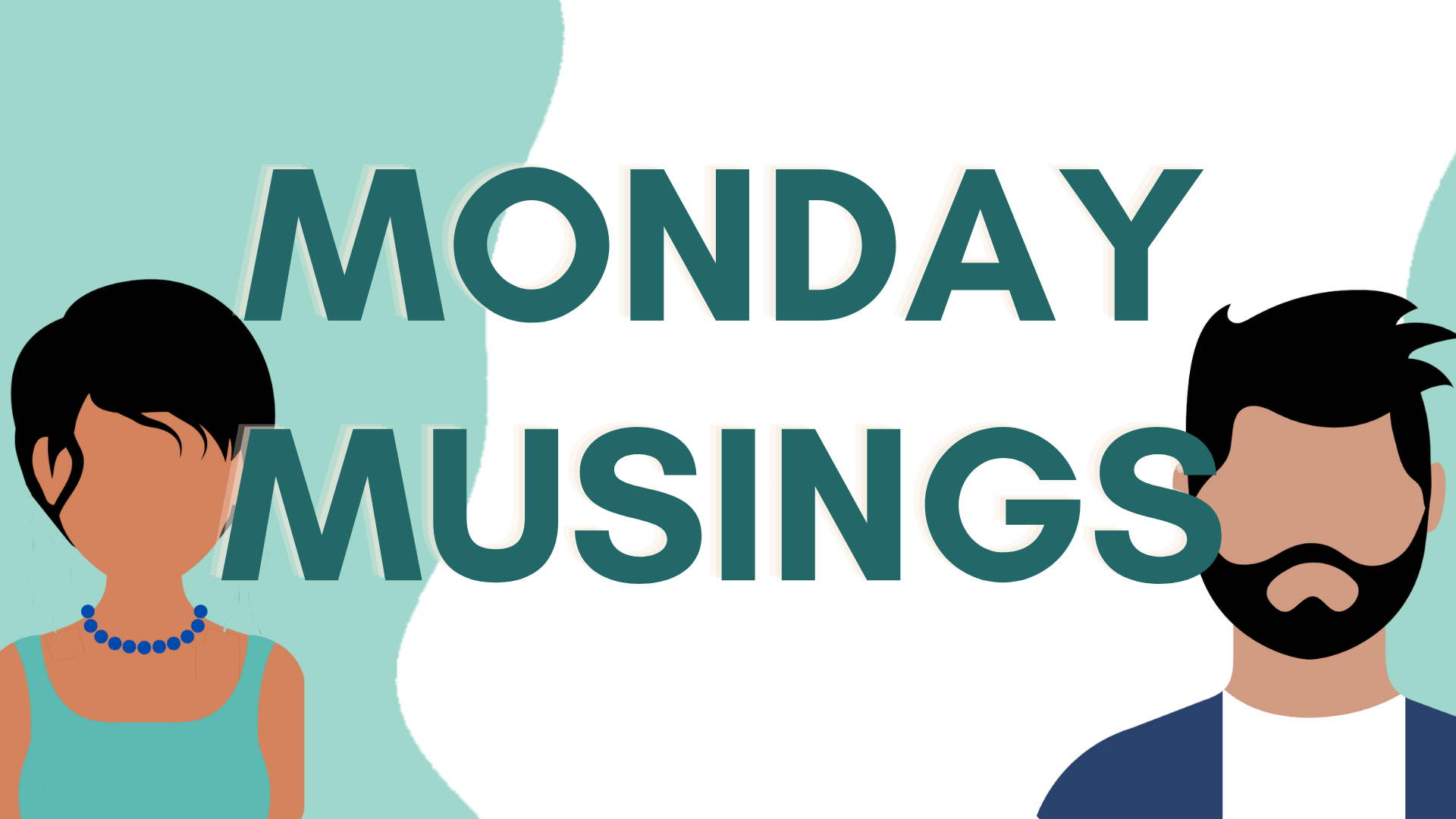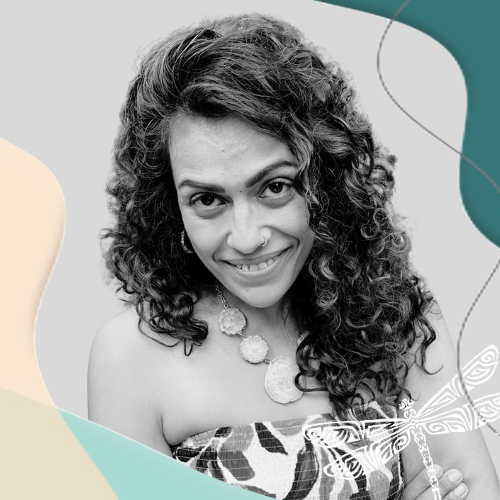Is it self-doubt or is it cautiousness?
This week Dr. Saira discusses her thoughts on the differences between cautiousness and self-doubt, and how to address these categories many of us have been living with for much of our lives.
When my son was four years old, he came across as a cautious kid. When we went to the playground, he would always observe the other children for a few moments before joining in.
As parents, we noticed this and knew that it wasn't that he didn't think he could do it, he just wanted to understand what was going on before engaging fully. When other adults would call him "shy" or a "scardy-cat", we vehemently defended his cautiousness, responding with "He's not shy or scared, he's just observing." We knew how important it was for him test the waters before jumping in, and we didn't want him to feel ashamed for such a natural quality.
Many children make friends with cautiousness, while others, like our daughter, are happy to dive right in. She learned by trying while he learned by watching. Sometimes other adults would call her "impulsive" or tell us we shouldn't let her do (whatever) because she would get hurt. We responded with "She just loves trying stuff!" Our daughter is a lot less cautious, which is simply another way of relating to the world, and nothing to be worried or ashamed about.
The common denominator we notice with both our children's experiences is some of the adults around them who tried to understand their behaviours by categorizing them as "shy" or "afraid" or "impulsive" or "moody". The brain is wired to create templates, and they wanted to place our children into one of these templates to make it easier to relate to them. It's much easier to know how to interact with a person if you see them as just one thing.
However, most humans are not just one thing!
Many of us who are now adults received these categorizing messages, and just like most children do, we internalized them and made them part of their identity. Our behaviours somehow became our personality.
Some of the categories I was put into were:
smart, nerdy, nice, big-hearted, non-athletic, controlling, helpful, serious, not fun, too sensitive, responsible.....and the list goes on.
What were the categories that formed you?
If "scared" or "shy" were one of your categories, it might have been a mis-interpretation based on your behaviours. Just because you took a little longer to get started something or connect with others, others around you might have assumed it was because you didn't think you could do it.
What's worse - some people might have discouraged you from trying new things because of their own past experiences of pain and failure.
Eventually, you might have started wondering if there is something wrong with you, especially when you compared yourself to others who seemed to approach the world in a very different way.
The Dragonfly community awaits you
Joining our community means having access to first-rate therapists and coaches, hundreds of expert-vetted courses and workshops in our Dragonfly Resource Centre, and safe, judgment-free groups where you can bond with kindred individuals and heal together. See just how much we take your mental health seriously by filling out the contact form below.




